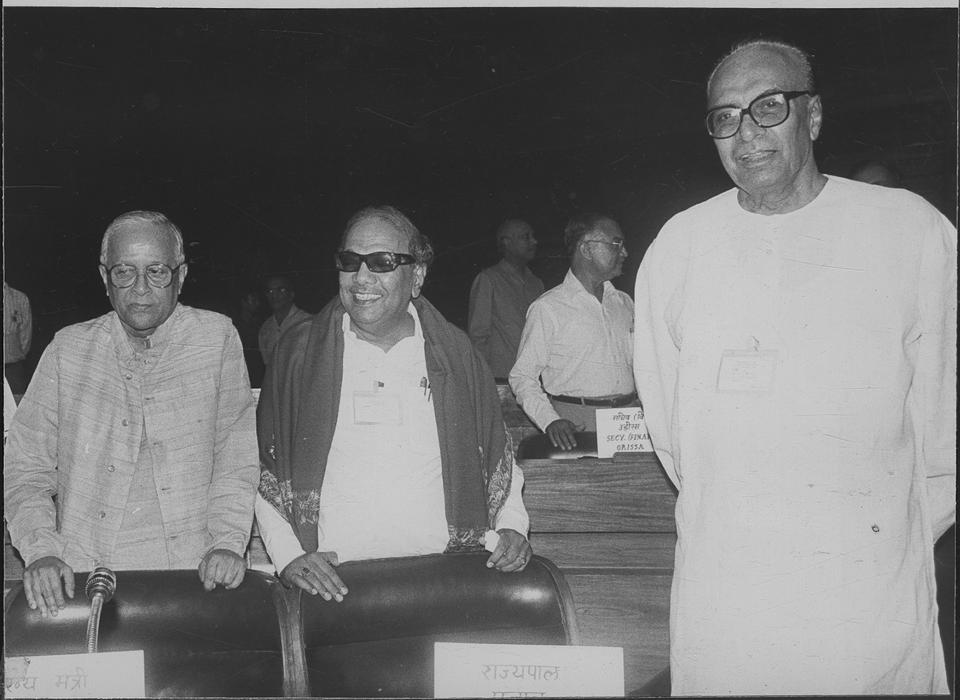Context:
The Science and Technology Ministry has recently withdrawn its contribution to the prestigious UNESCO Kalinga Prize.
More on the news
- According to official sources the decision to withdraw the Department of Science and Technology’s annual contribution to the award was part of the recent decision to ‘rationalize’ all science awards.
- The government has instituted Rashtriya Vigyan Puraskar, to replace all the earlier awards, including the coveted Shanti Swarup Bhatnagar Awards.
- Currently, the Kalinga Prize is funded by the Kalinga Foundation Trust, the Government of the State of Orissa, and the Government of India (Department of Science and Technology).
About the Award:
- This award was created in 1951 and given by UNESCO for exceptional skill in presenting scientific ideas to common people.
- Shri Biju Patnaik, was the Founder and president of the Kalinga Foundation Trust, Bhubaneswar.
- The prize is the only international award from India in the field of popularisation of science.
- It is administered by the Science Analysis and Policies Division of UNESCO.
- Each member state is entitled to nominate a single candidate, through its National Commission for UNESCO, on the recommendation of the national associations for the advancement of science or other science associations, or national associations of science writers or science journalists.
- Applications from individuals are not accepted.
- The Director-General of UNESCO selects the laureate on the recommendation of a five-member jury designated by him.
- The recipient receives US$ 40,000 and a UNESCO Albert Einstein Silver Medal. The recipient is also awarded the Kalinga Chair, introduced by the Government of India in 2001 to mark the 50th anniversary of the Kalinga Prize, which comprises a certificate and cash award of US$5,000.
- The award ceremony takes place during the celebration of World Science Day (10 November) in Budapest as the guest of UNESCO and India in the alternate years.

